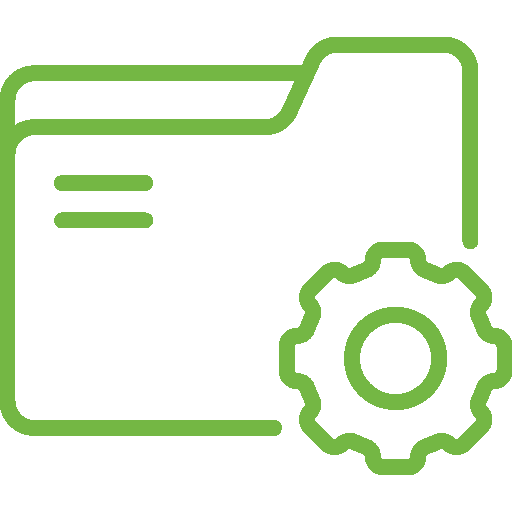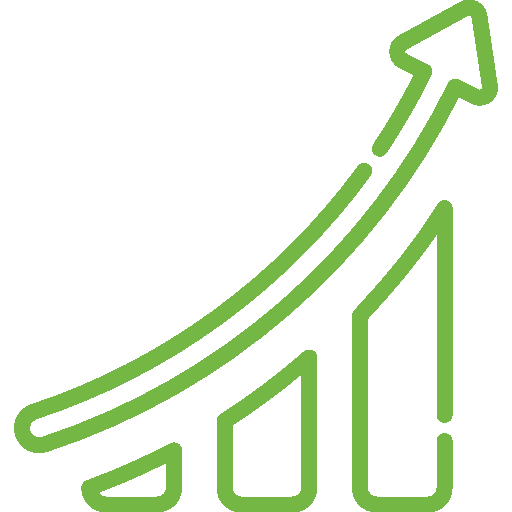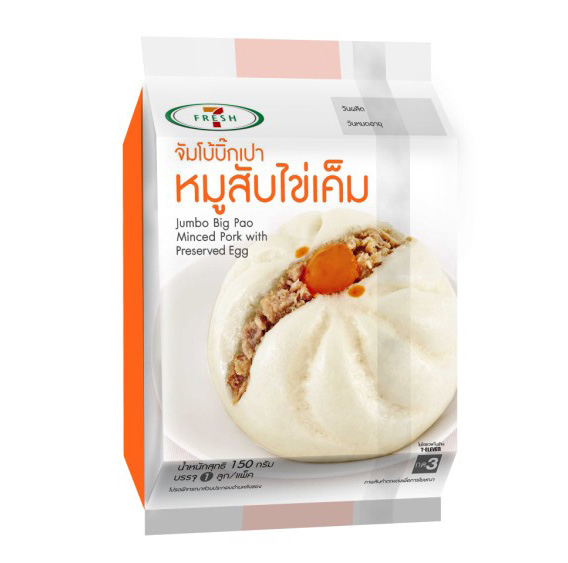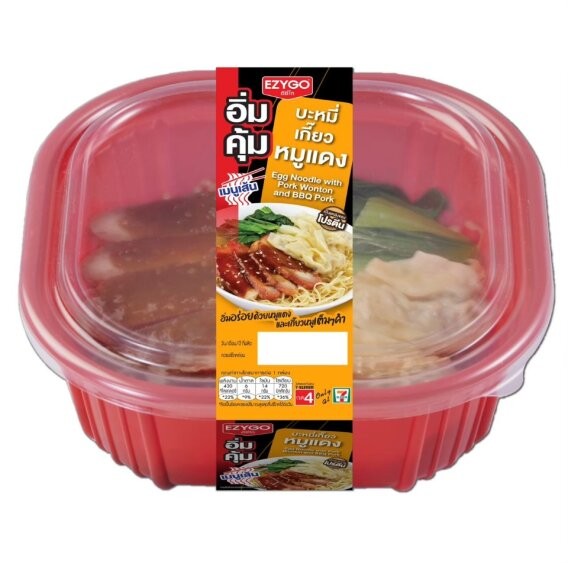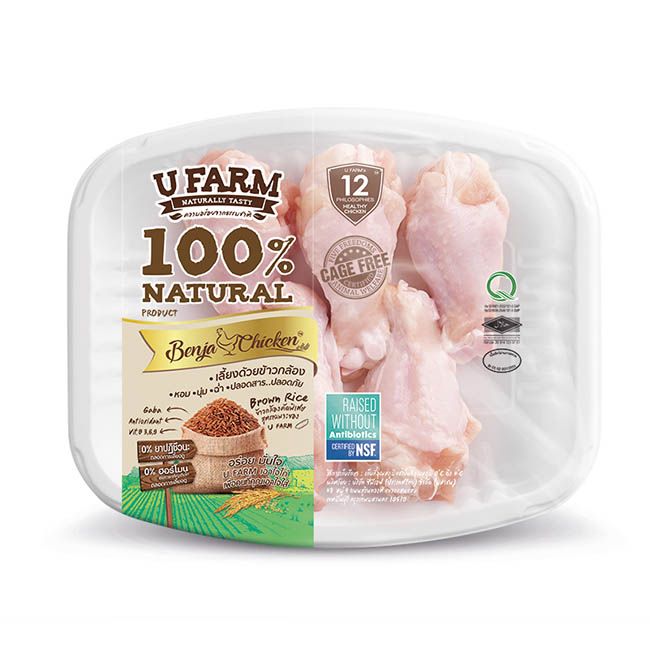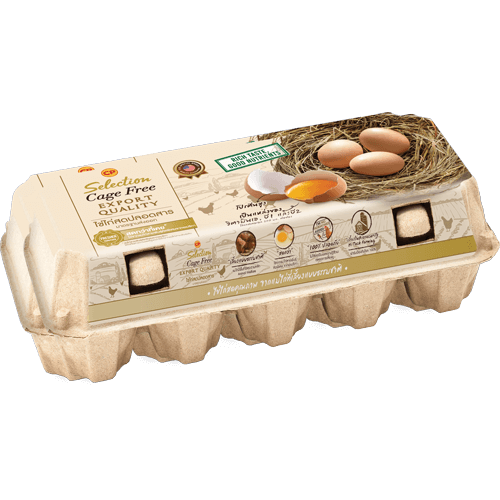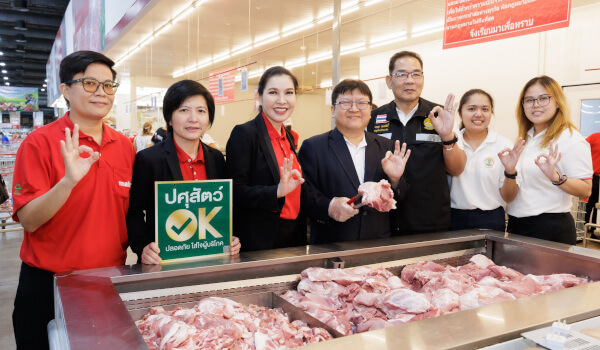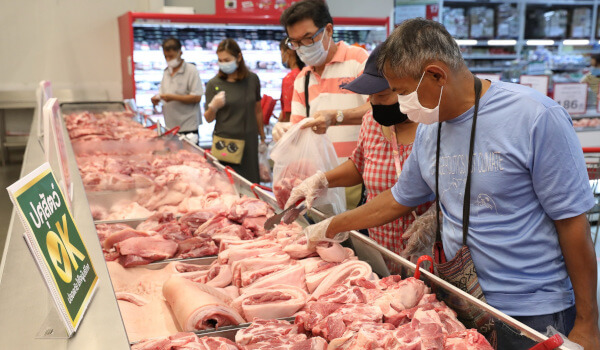Management Approach
The Company is steadfast in responsible operations towards all stakeholders. Under the policies spanning from sustainable procurement to ethics and business supplier guidelines. The criteria for supplier selection include supplier capacity and compliance with the relevant law and regulations. The Company promotes and supports its suppliers and develops supplier capability through procurement and responsible supply chain management in order to fulfill the constantly changing needs and expectation of customers, communities and society. Additionally, there have been support for additional agricultural product and organic product sales channels while taking into account the appropriate distance from farms to point of sales to preserve product freshness and development of work processes to reduce environmental impact. Furthermore, the Company realizes the importance of product traceability in order to promote sustainable raw material usage throughout the various projects.
Supplier’s Sustainability Management Processes

Procure and screen capable suppliers, in accordance to relevant laws and regulations and consideration of
– Prodcuction Capacity
– Quality
– Food Safety
– Traceability
– Sustainability Performance

Suppliers’ Risk Assessment

Foster and promote suppliers’ capability in responsible sourcing and supply chain management including Continuously assessing suppliers’ sustainability performance

Build and maintain a long-term relationship with suppliers, in alignment with sustainable development approach. Support to remunerate good performance, including sustainability performance
In 2023, the Agricultural products and animal products certified by external organizations were as follows:
| International Standards Certification for Sustainable Production, Quality, and Food Safety | |||
|---|---|---|---|
| Agricultural crop | Certification or accreditation | The coverage of products certified | Purchasing volume vs. total raw material procurement |
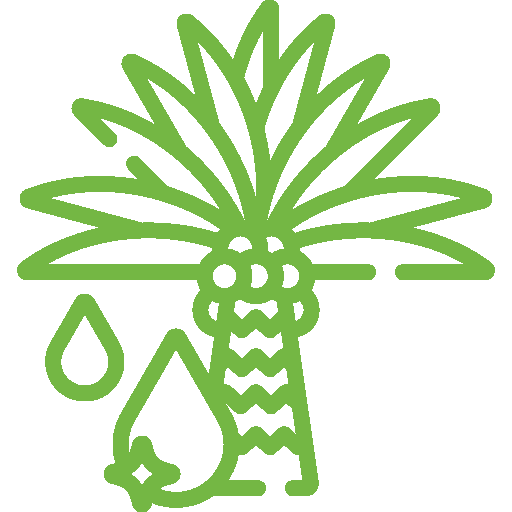 Palm Palm |
RSPO | 42.55% | 26.65% |
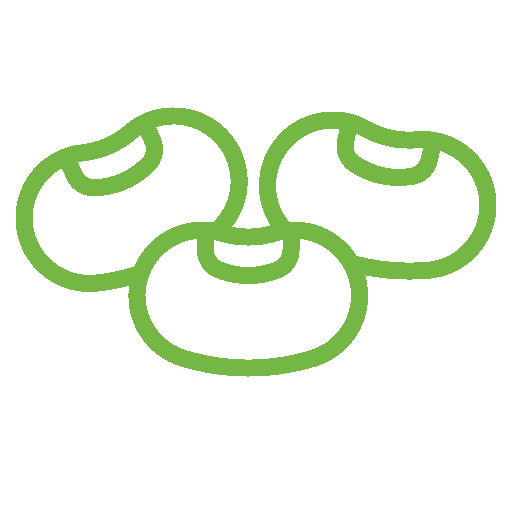 Soybean Soybean |
RTRS, Proterra, CRS | 77.04% | 11.37% |
 Sugar Sugar |
BONSUCRO | 37.05% | 11.32% |
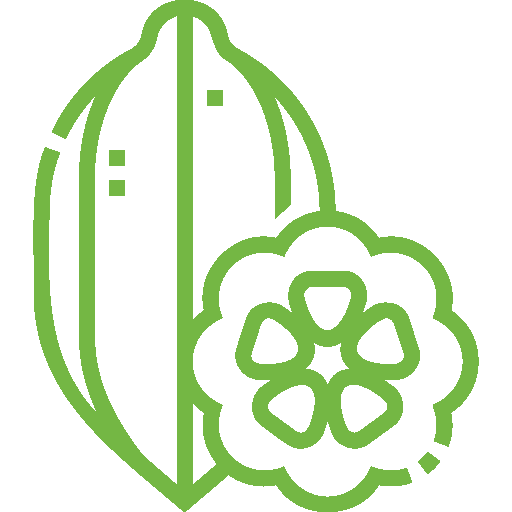 Cocoa Cocoa |
Fairtrade, Rainforest Alliance, UTZ, FSS C22000, GAP | 8.16% | 1.15% |
 Coffee Coffee |
SRP, UTZ, Rainforest Alliance, GAP | 35.40% | 3.18% |
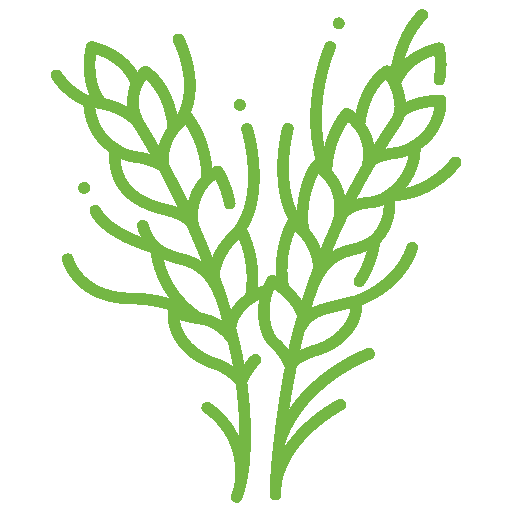 Cereal Cereal |
GAP | 30.95% | 23.85% |
 Other products Other products |
GAP, Q Organic | 2.93% | 22.47% |
 Bon sucro
Bon sucro Rainforest Alliance
Rainforest Alliance RTRS
RTRS RSPO
RSPO Rainforest Alliance
Rainforest Alliance
| Certification of Animals Products Adhering to Animal Welfare Standards | |||
|---|---|---|---|
| Animal products | Certification or accreditation | The coverage of products certified | Purchasing volume vs. total raw material procurement |
 Aquaculture products Aquaculture products |
ASC, BAP, BRC, GAP | 38.89% | 14.01% |
 Cattle products Cattle products |
BBFAW, AAWCS, GAP | 28.54% | 1.96% |
 Dairy products Dairy products |
Rainforest Alliance, Food Alliance Certificated, RAWMI, Codex Alimentarius, AAWCS, GAP | 41.79% | 12.65% |
 Swine products Swine products |
AAWCS, BRC, BBFAW, Livestock OK | 81.09% | 33.10% |
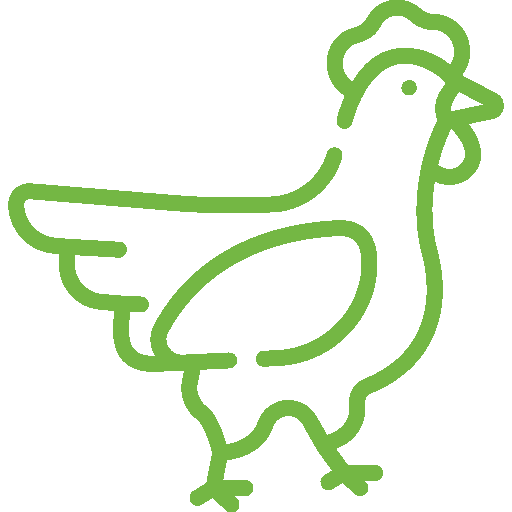 Poultry products Poultry products |
AAWCS, BBFAW, Livestock OK, BRC, GAP | 98.09% | 25.15% |
 Wild fisheries products Wild fisheries products |
MSC, BRC, MarinTrust, GDST, GAP | 50.73% | 13.13% |
Sustainable Agriculture Commitment (Food Availability)
| 1. Programs to reduce water consumption | |
|---|---|
| 1.1 No-till/conservation agriculture in rained areas |
|
| 1.2 Management and technology |
|
| 2. Programs to reduce environmental pollution | |
| 2.1 Production of organic products |
Easy Fresh Brand Organic Green Oak Salad Vegetables, Organic Red Oak Salad Vegetables, Organic Green Cos Salad Vegetables, Organic Mixed Salad Vegetables, ready-to-eat Organic Green Cos Salad Vegetables
|
| 2.2 Use of "smart" pesticides |
|
| 2.3 Enclosed production systems: aquaculture |
|
| 3. Programs to protect soil health | |
| 3.1 Low frequency and intensity of tillage |
|
| 4. Programs to prevent the destruction of ecosystems | |
| 4.1 Certifications that ensure deforestation-free production |
|
| 4.2 MSC or ASC certifications which ensure sustainable production |
|
| 5. Programs to reduce GHG emissions | |
| 5.1 Reduced transport distances through |
|
| 5.2 Local products offerings in retail |
|
Food Utilization
International quality standards and food safety certification
CPRAM establishes guidelines for selecting raw materials according to international standards including BRC standards, HACCP standards, and GMP standards, etc., in addition to strictly controlling production and development of systems in accordance with relevant laws. The guidelines ensure that consumers receive quality, safe and reliable products.
Examples of food quality and safety standard certified products
Animal welfare standards certification
CP ALL collaborates with Charoen Pokphand Foods Public Company Limited, the Company's main raw materials supplier, in operating under policies and management guidelines compliant with animal welfare management standards. This approach enables the delivery of quality and food safety qualified raw materials which have been audited by Business Benchmark on Farm Animal Welfare (BBFAW) and Marine Stewardship Council (MSC), etc. that have been certified to meet quality and food safety standards from leading international institutions and organizations.
Examples of animal welfare standards certified products
Animal Welfare Project
Makro, as a leader in Thailand's wholesale business, is committed to supporting cage-free egg farmers in an approach to emphasize responsible food production according to animal welfare policy. In promoting this trend which consumers globally adhere to, the Company collaborates with supplier King Fresh Farm, the first Thai SMEs to produces organic chicken eggs certified to Europe and America, including EU, NOP & USDA (USA), in planning and production of organic free-range chicken eggs under the brand “Aro Gold”. In operating closely with egg farmers, suppliers and relevant agencies, the Company provides farmer training, jointly develop cage-free chicken egg production processes, and campaigns to education customers and the public in quality product alternatives which promote animal welfare. Work closely with egg farmers business partners and related agencies Provide training to farmers and jointly develop the production process for cage-free chicken eggs. along with campaigns to educate customers and the public. This approach enables Thai people to consume chicken eggs from happy hens free from antibiotics, hormone boosters and growth accelerating substances. The safe and high nutritional value eggs are a product of hens which naturally consume a variety of foods.
In addition, Makro also cooperates with major chicken egg producer, CPF, which is a producers and distributor of chicken eggs at Makro, to increase cage-free egg production every year. The increased production will enable eggs from happy hens to be sold to consumers and businesses at a more affordable price.
Products and nutritional value
The Company establishes standard criteria for developing products under Company control (Private Brand) in the food and beverage segment to promote consumer health and product nutritional value, readiness to support projects throughout the raising, production, transportation, and distribution processes. The support extends to sales and services in 7-Eleven stores and Makro and Lotus's distribution centers.
Traceability Project
Makro, as a leader in the wholesale business and fresh food ingredients sourcing, focuses on conducting business with emphasis on selecting high quality, safe and traceable ingredients from farms to the consumers. Makro also cooperates with the Department of Livestock Development in pork meat safety inspections at every branch, including the Makro Srinakarin branch, to receive the OK livestock symbol certifying freshness, cleanliness, and safety for consumers. The certified products must satisfy 4 criteria: product origination from standardized farms, processing through legal slaughterhouses, clean sales locations, and traceability.
Makro also emphasizes monitoring meat safety at branches through 7 critical control measures, including:
Example for Certification or Accreditaiton
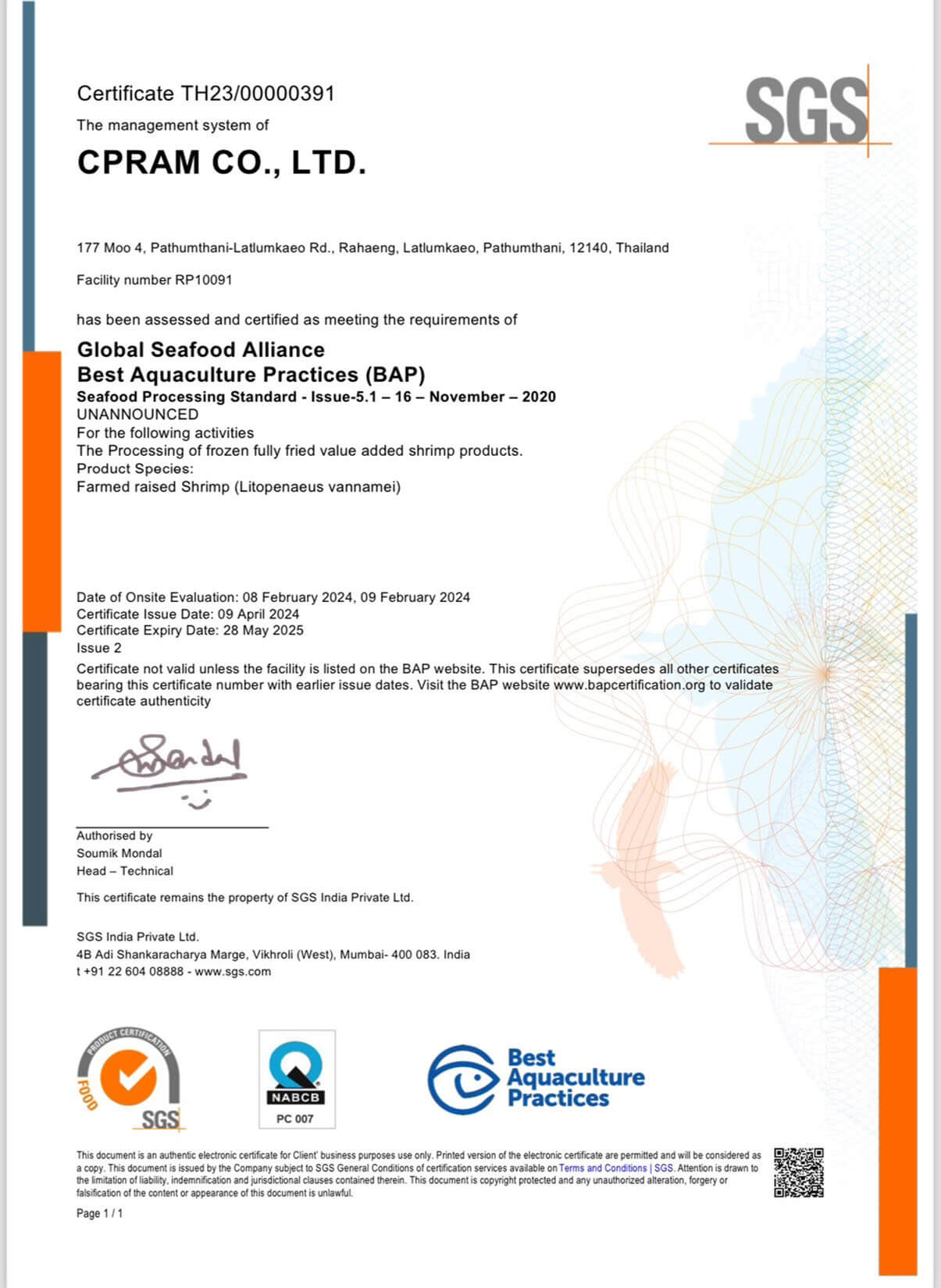
Best Aquaculture Products (BAP Certificate)
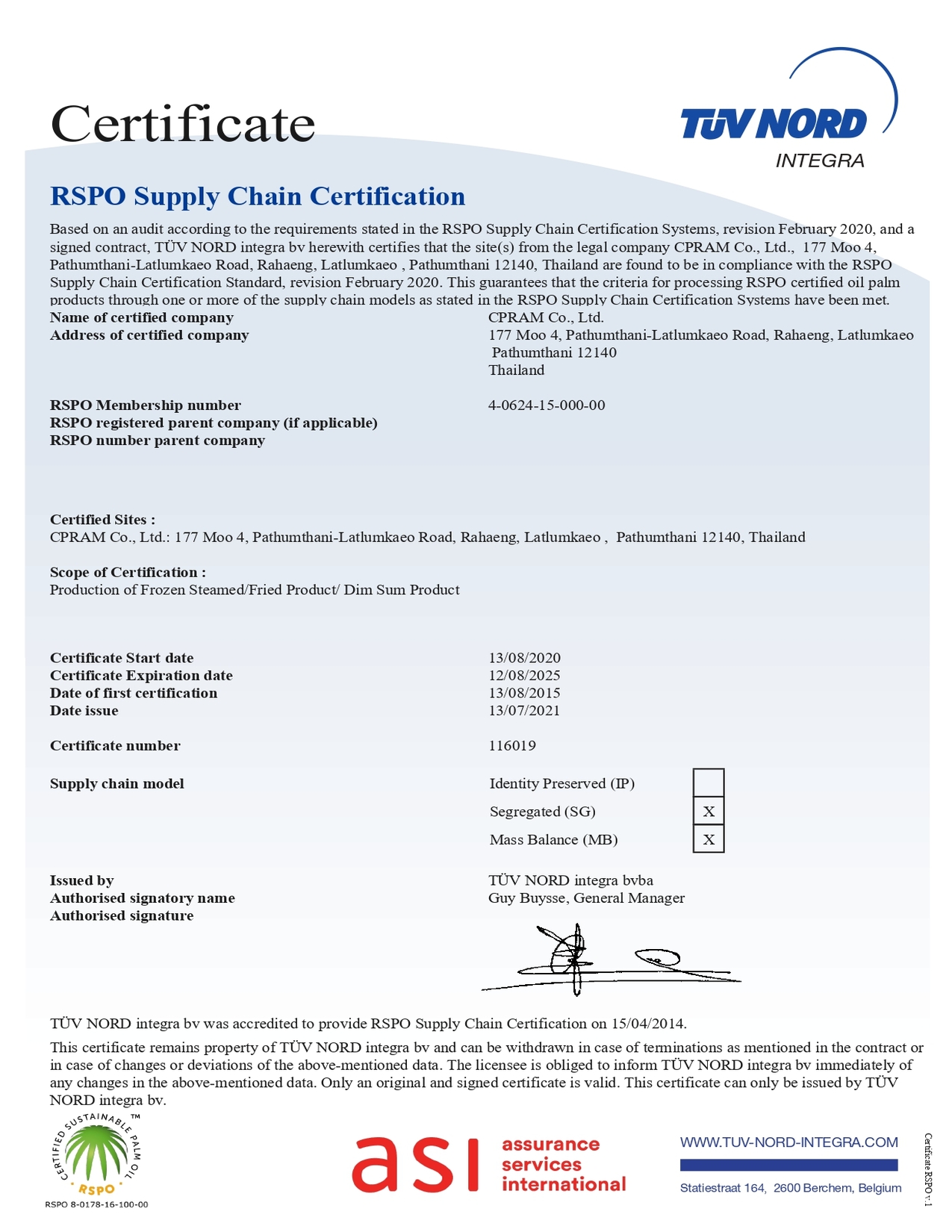
Palm Oil (RSPO Certificate)

